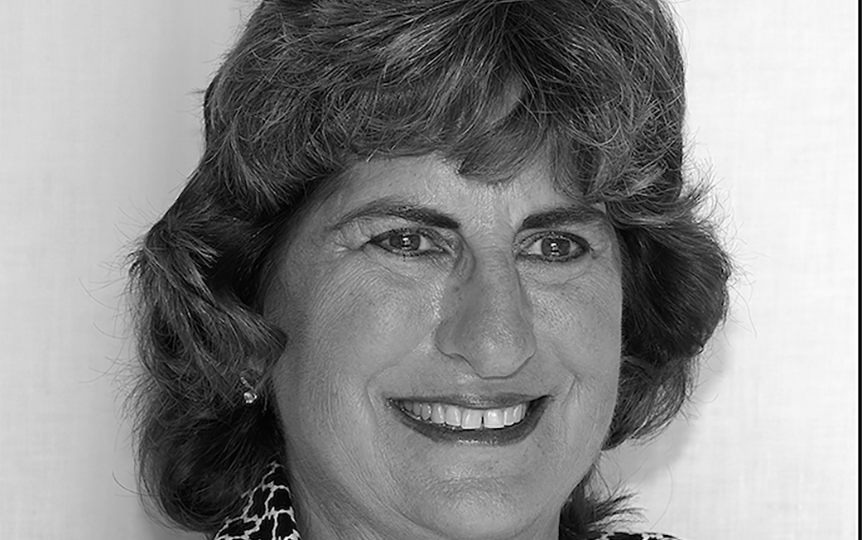In today’s corporate America, the Millennial generation of employees is making its mark. With a 53.5 million-strong workforce in the United States, this generation is the most prevalent population working today. Understanding what factors influence these potential employees can help a company plan for the future. It is no secret that Millennials value teamwork, self-management, and personally fulfilling work, but where do they get these values?
Exploring a broad and balanced overview of the existing literature regarding the time span in which this generation matured (1981-2000), it is easy to identify some common traits that arose in the Millennial culture. A generation born into “Reganomics” of the 1980s saw a growth in the economy as children. This generation became teenagers in the 1990s with a possible Presidential impeachment of Clinton, something not seen in this country since Andrew Johnson in the 1860s. As they graduated high school, they witnessed violence in their schools with the Columbine High School shooting . The events of 9/11 brought terrorism to the shores of the United States, an atrocity not seen in the United States since the attack on Pearl Harbor in the 1940s. These attacks instilled a sense of service and civic duty into the minds of this emerging generation. As they graduated college, the country experiences the worst recession since the Great Depression. In addition, in the first decade of the twenty-first century, many Millennials voted for and saw the election of the first African-American as President of the United State Barack Obama. Only 50 years before, the United States witnessed the evil brutalities of the Civil Right Movement. These Millennials have seen more in their lifetimes than any previous generation, and these events have shaped the generation that will lead the business world in the decade of 2020s. These life-changing events had an effect on Millennials demeanors and expectations.
Many organizations have not invested in learning what factors influence Millennials. Since knowing what factors influence employees does not relate to a specific industry understanding who Millennials are in general and what specific factors influence them can benefit all types of industry. The economic challenges they faced being born in the 1980s and reaching adulthood during the recession of the new millennia gave them a need for security. Their insight into national events as they happened created a need for strong relationships. Their lives enveloped the digital age like no other generation, providing them a need for the most current forms of technology in the workplace, and their strong sense of self allowed them to demand opportunities for advancement in the workplace.
A huge thanks to Doctoral Candidate Maureen Groome for sharing her insight and research on Millennials impacts in the workforce. Greater empirical insights into the workforce of this generation, leads us to a greater understanding of their consumer habits.
Dr. Anissa Villegas of Marketing with a Flair serves on research committees to add to the body of knowledge on marketing research. Dr. Anissa’s Millennial Realization Consumer Theory is often used as a foundational guide for her collaboration with other researchers. Marketing is evolving and the more empirical research we have on the topic will allow us to successfully create strategies that are based on science and not a trend or gut feeling. Our client’s budget is too important to waste on what I “think is right.” I would rather invest in what I KNOW is right.


